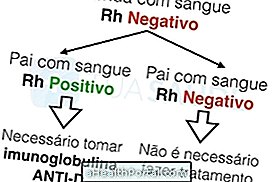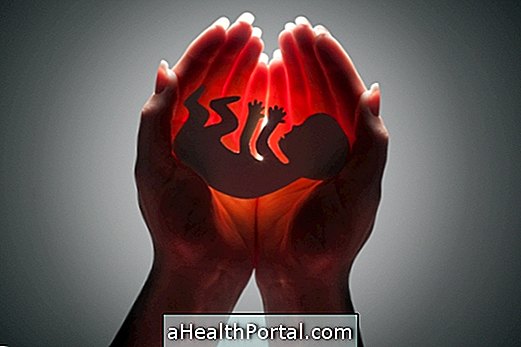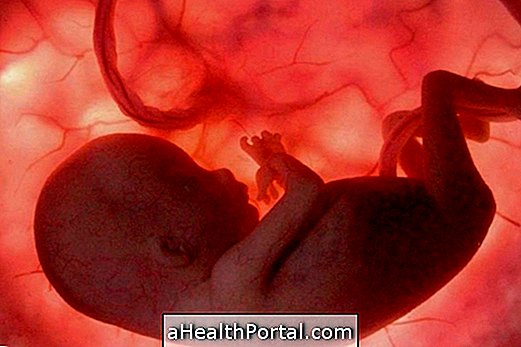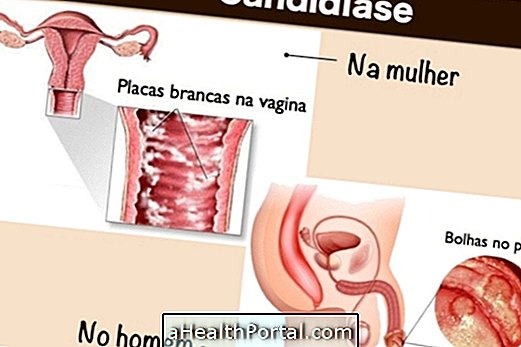The negative blood type can affect pregnancy when the baby has this type of blood, but the baby's father has Rh positive blood, so the baby can also be born with Rh positive blood.
Thus, if the baby's blood comes in contact with the mother's during birth, for example, the immune system of the pregnant woman produces antibodies that will act in a second pregnancy, which can cause paralysis, speech problems, hemolytic disease or abortion depending on the week of gestation.
Generally, the pregnant woman's blood type does not affect the first pregnancy because there is only contact with the baby's blood at the time of delivery.


However, due to the risk of affecting the second pregnancy, the pregnant woman should do the treatment even during pregnancy, when she knows that the father is Rh positive, or after delivery when she discovers that the baby has positive blood.
How is the treatment done in the case of Rh different?
When the pregnant woman has Rh negative blood, but the baby has Rh positive, it is necessary to make an anti-D immunoglobulin injection to eliminate the antibodies created in the body of the pregnant woman and avoid complications during pregnancy.
To do this, you should follow the following plan:
- During pregnancy (when the father is Rh positive): make a single injection of anti-D immunoglobulin between the 28th and 30th weeks of gestation or two injections at weeks 28 and 34.
- After delivery (when the baby is Rh positive): take an anti-D immunoglobulin injection up to 3 days after delivery when not injected during pregnancy.
This treatment is not necessary until the pregnant woman opts for sterilization after childbirth or when she is certain that she does not intend to have more children and should discuss her decision with the obstetrician.























